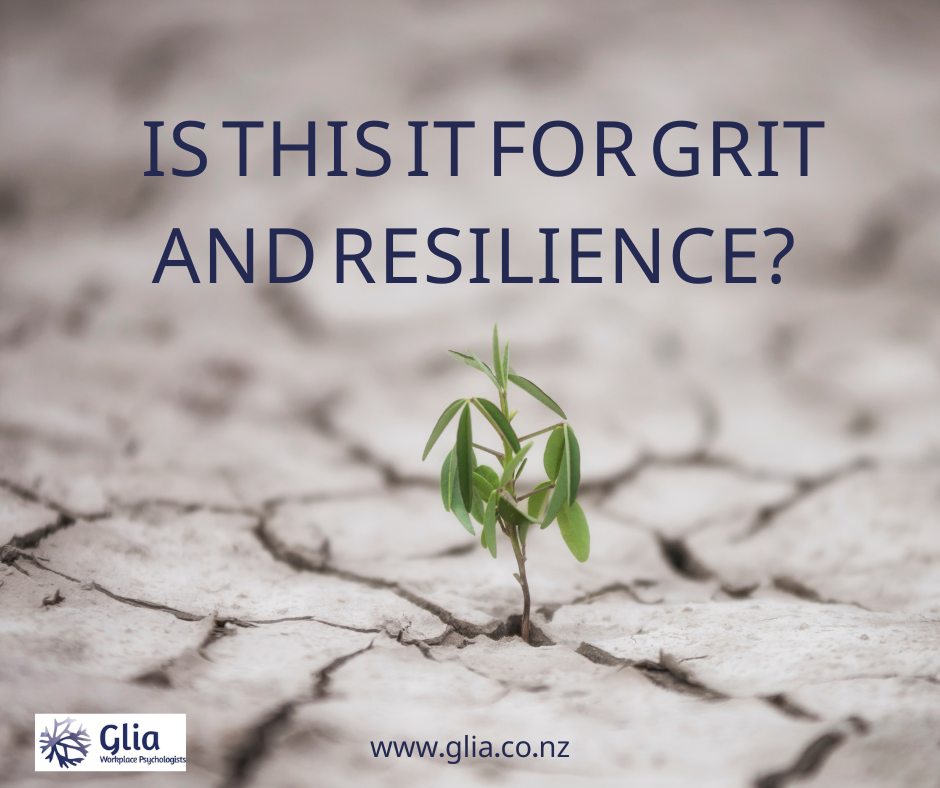Mental health advice around change often centres on how to start or how to stop doing something: New Year’s Resolutions, Change Management, addiction cessation or the addition of new, positive habits.
We are frequently encouraged to step out of our comfort zones and embrace a growth mindset.
Proactively seeking change can help us to grow, learn, and develop.
Learning about how neuroscience impacts behavioural change is not only fascinating but gives us tools to make habit creation and habit cessation less painful and more efficient and rewarding. We covered some main points on this topic in part 1 and part 2 of our Change blog series.
But proactive change is not the full picture. At times, change is simply thrust upon us, and it isn’t always good.




